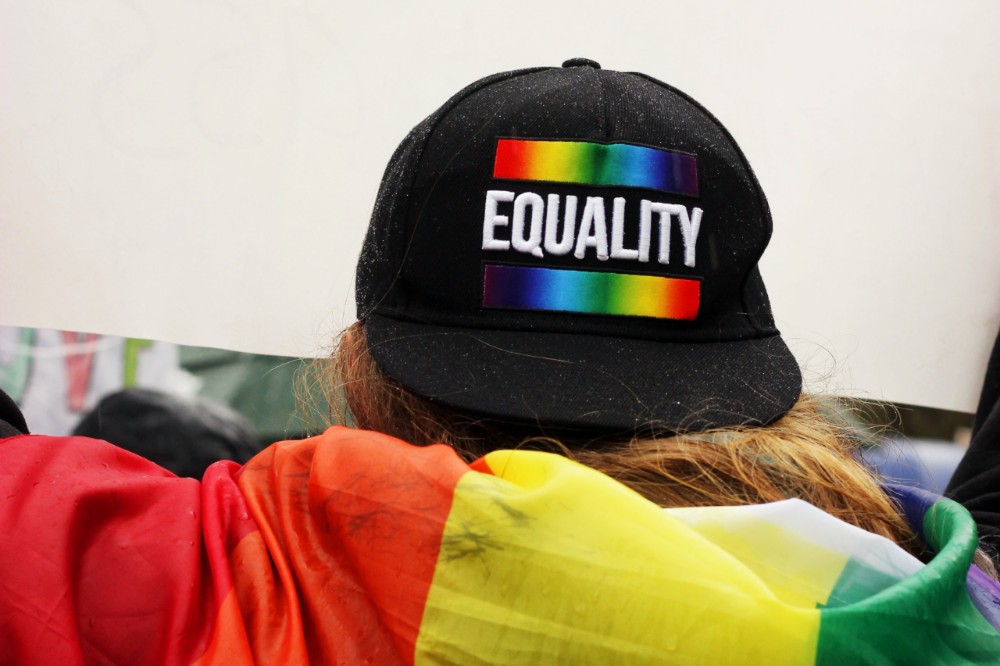I have to admit that my liberal proclivities were offended when Neil Gorsuch was confirmed to the Supreme Court. But the notoriously conservative Justice has followed his professional training to hand down a clear, concise, and logical landmark decision this week in Bostock v. Clayton County. The 6-3 ruling is a major win for the LGBTQIA++ community. Gorsuch is an unexpected champion of the landmark case as the author or the majority opinion.
The case concerned instances of employment discrimination based on sexual orientation and sex identity. In Bostock v. Clayton County, Gerald Bostock asserted he was fired for expressing interest in a gay softball league. The case called into question whether sexual orientation was a protected classification under Title VII of the Civil Rights Act of 1964.
The Eleventh Circuit – which hears cases for districts in Alabama, Georgia, and Florida – had relied on a precedent that sexual orientation is not protected by Title VII. The Civil Rights Act of 1964 prohibits an employer from discriminating against an employee, “because of such individual’s race, color, religion, sex, or national origin.”
Gorsuch’s opinion relies on “textualism,” which is the interpretation of the law based strictly on the written language of a law. This approach to the justice system does not consider the original intentions of the law’s authors, therefore rendering irrelevant whether or not the authors intended to exclude sexual orientation from the list of protected traits. Based on the language of Title VII, the opinion is clear:
“In Title VII, Congress outlawed discrimination in the workplace on the basis of race, color, religion, sex, or national origin. Today, we must decide whether an employer can fire someone simply for being homosexual or transgender. The answer is clear. An employer who fires an individual for being homosexual or transgender fires that person for traits or actions it would not have questioned in members of a different sex. Sex plays a necessary and undisguisable role in the decision, exactly what Title VII forbids.”
Gorsuch also provides examples to illustrate how discrimination against sexual orientation falls under discrimination based on sex:
“Consider, for example, an employer with two employees, both of whom are attracted to men. The two individuals are, to the employer’s mind, materially identical in all respects, except that one is a man and the other a woman. If the employer fires the male employee for no reason other than the fact he is attracted to men, the employer discriminates against him for traits or actions it tolerates in his female colleague.”
A clear example of discrimination on the basis of sex. RBG must be proud.
Heather Buffo is a Cleveland native, a recovering Bostonian, and an Austin newbie. Heather is the Venture Growth & Partnerships Lead at Republic where she works with partners in private investing to democratize access to capital for entrepreneurs. Heather studied neurobiology at Harvard University, and is a City Year Boston AmeriCorps alum. She likes to write for AG, drink Austin beer, and ride around town on her road bicycle. His name is Pippin. Say hello if you see them.









































